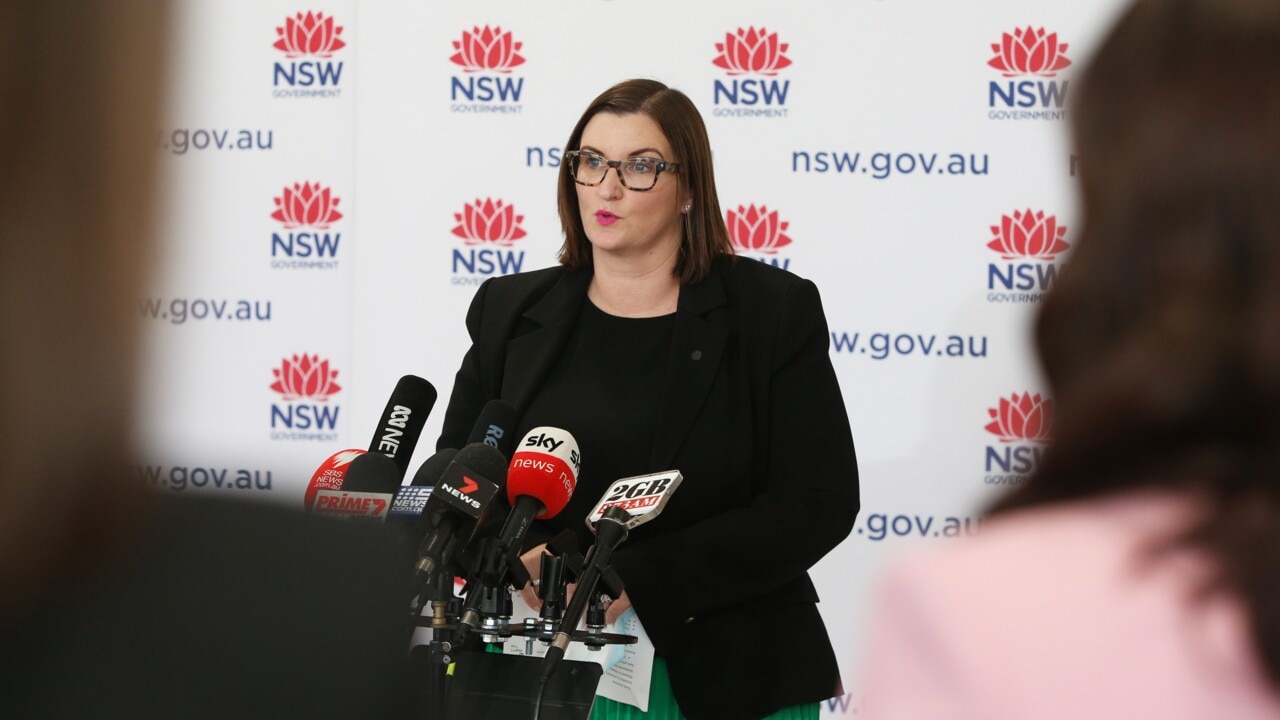‘It’s not possible to home school part-time’: eight questions to ask before making a decision
Experts reveal the pros and cons and things to consider before deciding to home school your children. See the advice.

More Australians are considering home schooling as a permanent option to educate their children as a result of the pandemic.
Parents concerned about their children’s health and the disruptive effect of lockdowns are driving the shift and now there’s a lack of certainty about whether school will even recommence as scheduled.
In 2020, 26,079 Australian children were in home education, including an estimated 250 in the NT, where there is no formal data available.
Home Education Association president Karen Chegwidden says there was a 20 per cent increase in children shifting to permanent home schooling in 2020 and, based on the number of requests she’s received, expects another 20 per cent increase in 2021, though the official figures won’t be released until March.
“The huge surge in requests for home schooling lately are largely driven by Covid but in a variety of ways,’’ Ms Chegwidden says.
“Some parents discovered they absolutely loved home schooling during lockdowns, others discovered their kids weren’t doing as well as they thought and were doing better at home with individual attention, especially kids suffering ADHD or anxiety.
“We’re also seeing two groups of people related to vaccinations – those who don’t want their kids to be vaccinated and those who do but don’t want to send their kids back to school until they’re all vaccinated.’’

Milawa former teacher Ilona Goswell, 32, made the switch to permanent home schooling last year after seeing its benefits during lockdowns for her children Maggie Mae, 10, and Jak, 11, who both suffer high functioning autism spectrum disorder.
“What I liked at first was that I could see where the kids were at and got a good picture of their understanding and their needs but the biggest thing was that they could get what they needed to be done in 2.5 hours when it would take an entire day at school,’’ Ms Goswell says.
“They could see the benefits and it encouraged them even more because they had more time to go out and do kids’ stuff and extra curricular activities.
“My daughter often had a meltdown when she’d get home from school after holding it together all day but all of that stopped with home schooling – there’s been no more meltdowns from either of them. There’s been a huge change in their temperaments and a great acceleration in their learning.’’
She will connect them more closely with the home schooling community this year, regularly meeting at parks in Wangaratta, Benalla and Shepparton, but they are already involved in pony club, craft and woodwork at Cr8 Shed, meet other kids at support group Kids Plus and learn musical instruments.

But Australian Primary Principals Association president Malcolm Elliott says parents should understand the complexity of the decision to home school and consult widely with relevant associations in their jurisdiction.
“Without wanting to influence people’s decision making, they need to go into it with eyes wide open because it’s a very big commitment with very big implications for the household,’’ Mr Elliott says.
“By understanding the rules and regulations, people come to grips with the fact that it’s not possible to home school part-time.’’
Mr Elliott was also keen to point out other benefits of school such as physical and social development, access to dance, music, art, sport and expert advice in psychological and emotional development from professionals with at least four years of training.

Deakin University associate professor in the school of psychology Emma Sciberras says research has found about 30 per cent of parents educating children at home lost more than $50,000 of income a year.
“It’s a big lifestyle change but the pros for many families are an ability to direct their children’s learning with less social pressure, more family time and one-on-one learning.’’ Prof. Sciberras says.
“The cons are loss of income and parents having dual roles – having fun and being the educator. There’s a complexity in having it all.’’
BEFORE DECIDING TO HOMESCHOOL YOUR CHILDREN, CONSIDER:
1. Do you have the desire to take on this task? The desire can strengthen with evidence of success and good results but you need a strong desire to home school.
2. Commitment. It’s a big commitment, needing four dedicated hours a day, five days a week.
3. Support. It’s easier if you have support at home and are open to becoming part of the home schooling community.
4. Flexibility is important. You may need to be flexible with your time and your child’s time and rethink the entire weekly routine which doesn’t have to work to regular school hours.
5. Values. Education needs to be one of your key values to manage and sustain the commitment of home schooling.
6. Research what type of homeschooling philosophy would work best for your children, eg classical, natural learning, Steiner, eclectic etc.
7. Consider if you will plan your own curriculum aligned with your state’s or use a supplied packaged curriculum.
8. Watch how you like to teach and how your child learns. This will help you make decisions in the future.
SOURCE: Karen Chegwidden, HEA




